Malala Yousafzai just made it to the cover of British Vogue and we couldn't be more proud
Activist, author, tireless campaigner for girls’ education, student and survivor — that's what *British Vogue* described Malala Yousafzai as when she posed for the cover of its July issue.
Malala is the youngest Nobel Peace Prize winner in history but that's not her only accomplishment, she has published a moving memoir, spent her 16th birthday addressing the UN, established her own namesake fund and is an activist who campaigns for safe education for girls across the world. She announced the exciting news on social media.
"I know the power that a young girl carries in her heart when she has a vision and a mission — and I hope that every girl who sees this cover will know that she can change the world," Yousufzai posted on Twitter.
Shot beautifully by photographer Nick Knight, Malala's cover story was written by journalist Sirin Kale. According to Vogue, the video interview will be available to watch on their online platforms from Thursday.
This isn't the Nobel laureate's first stint in the international media.
She has appeared on David Letterman's Netflix special, had her documentary shortlisted for the Oscars, starred as a guest on the Friends reunion, ventured into production with Apple Inc, made it to Bazaar's 150 visionary women list, and received an inspiring spot in Google's #OneDayIWill video that celebrated strong women.
Yet, despite the fact that the modest, young activist has championed women's rights and escaped her home after an attempted assassination, there is still a faction of people in Pakistan who bombard her with hate every time she achieves something.
Everything Malala accomplishes has somehow been attributed to her status as a "western puppet" rather than an accomplished young woman who is making us proud internationally. It seems to be difficult for people to see her courage to fight for what she believes in and accept the western accolades and acknowledgement she receives for it.
As her British Vogue announcement went viral, many flocked to Twitter to air their unwarranted (and unwanted) opinions about it and be dismissive of her accomplishments.
People were salty that she flew away to England... for recovery and an education?
Or that she received acknowledgement more than someone else.
But many of Pakistan's public figures, such as Ayesha Omar, Mahira Khan, Sharmeen Obaid Chinoy, Ali Sethi and Meesha Shafi, praised her for her accomplishment.


There were also others who gave her credit for her achievement and looked up to her as a symbol of hope.
Others appreciated how gracefully she carried herself, articulating perfectly her thoughts on carrying the dupatta as a symbolic representation for empowered Pashtun women.
The headscarf, she explained in the interview, is about more than her Muslim faith. “It’s a cultural symbol for us Pashtuns, so it represents where I come from. And Muslim girls or Pashtun girls or Pakistani girls, when we follow our traditional dress, we’re considered to be oppressed, or voiceless, or living under patriarchy. I want to tell everyone that you can have your own voice within your culture, and you can have equality in your culture.”
Here, they said it.
The amount of abuse Malala faces from local accounts on social media is directly proportional to the love she receives abroad. She has always been praised for her bravery and international celebrities have been vocal in their support. Shahrukh Khan saying it would be a privilege to meet her, Twinkle Khanna inviting her to the Tweak India Summit for encouragement and the Duke and Duchess of Sussex, Prince Harry and Meghan Markle inviting her to celebrate International Day of the Girl are proof of that.
Amid all the hate she has been getting for her amazing achievements, we would like to leave you with something she said in an interview with David Letterman: “I would hope that many people would have stood up and stood up against extremists, against not just the extremists, not just the people, but against the ideology."





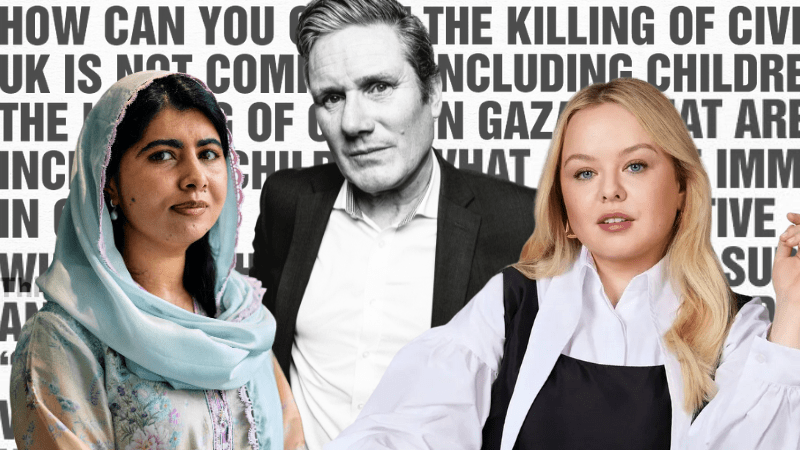
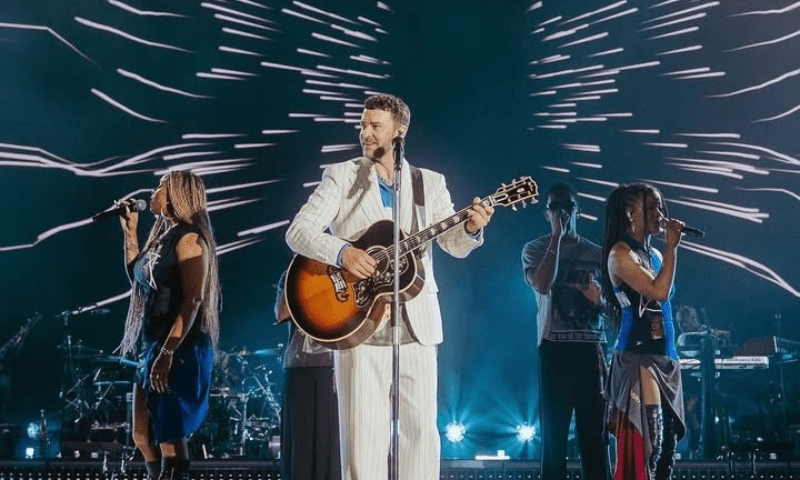
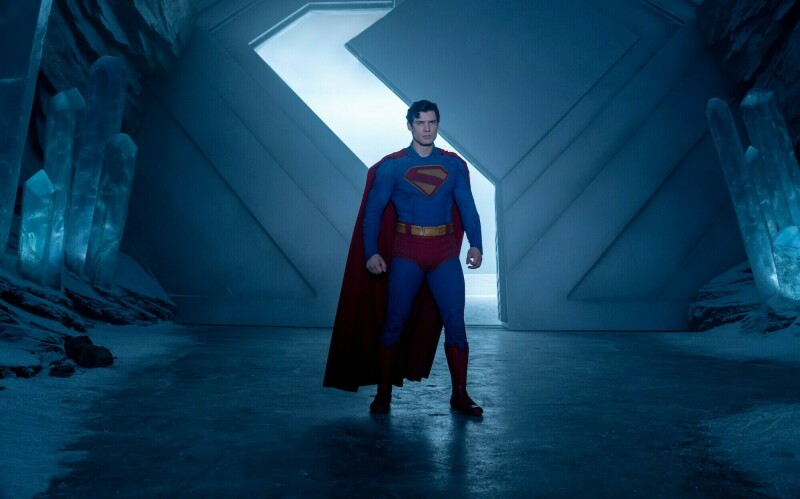
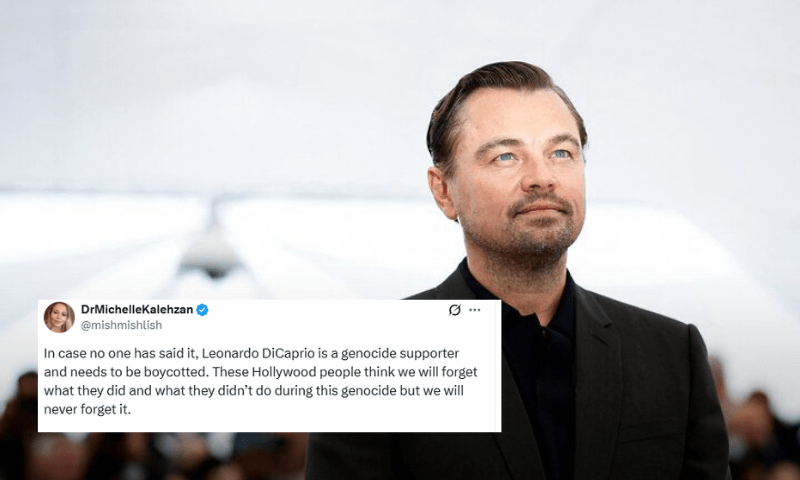
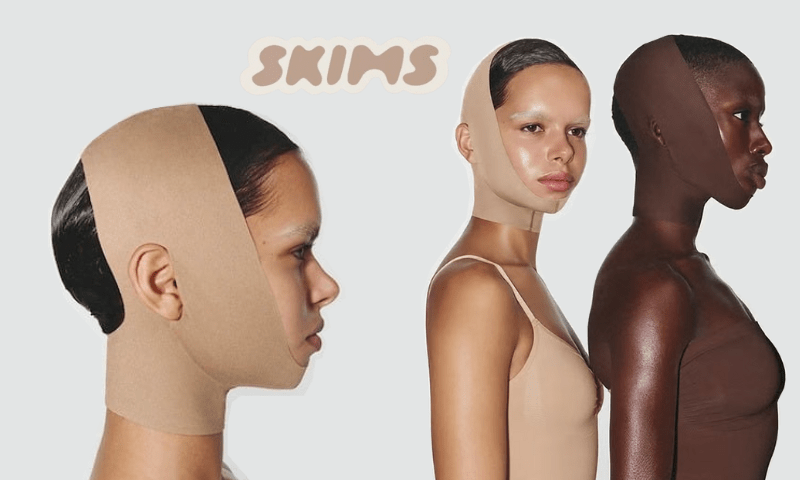
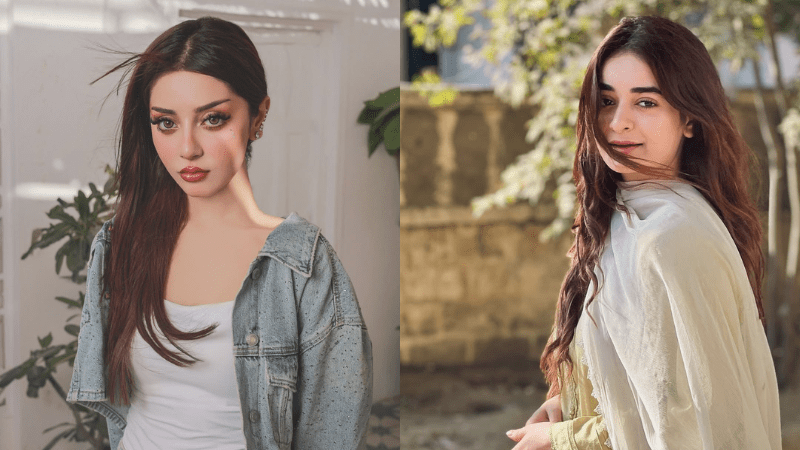
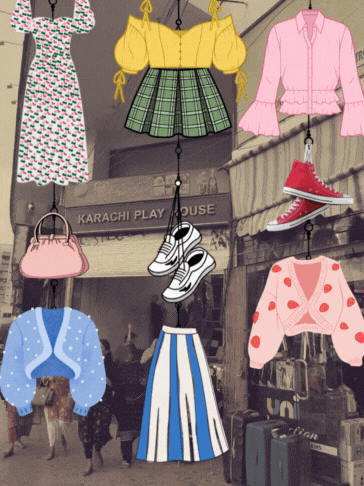
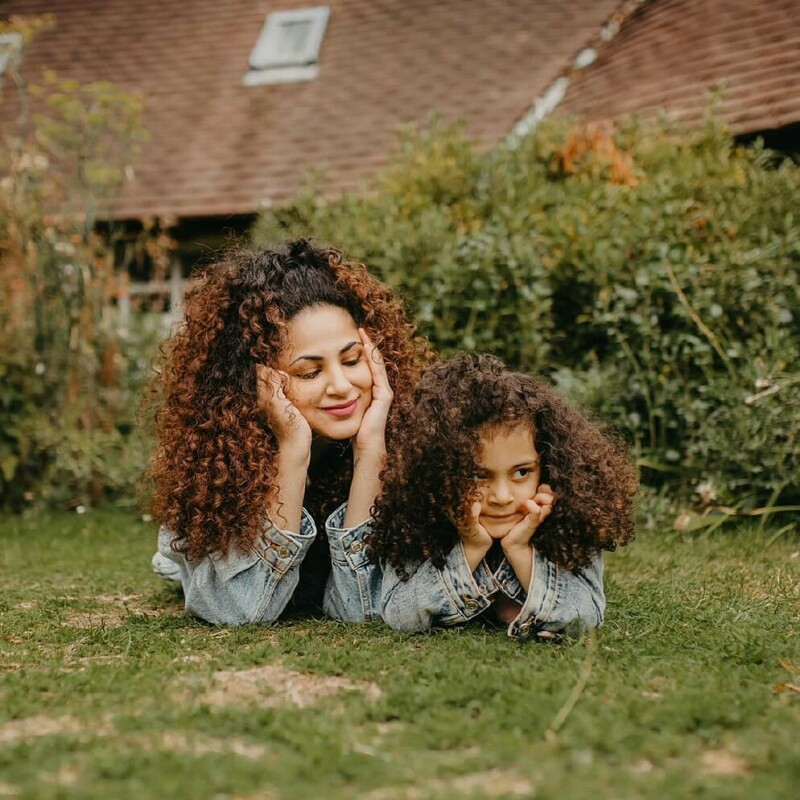
Comments